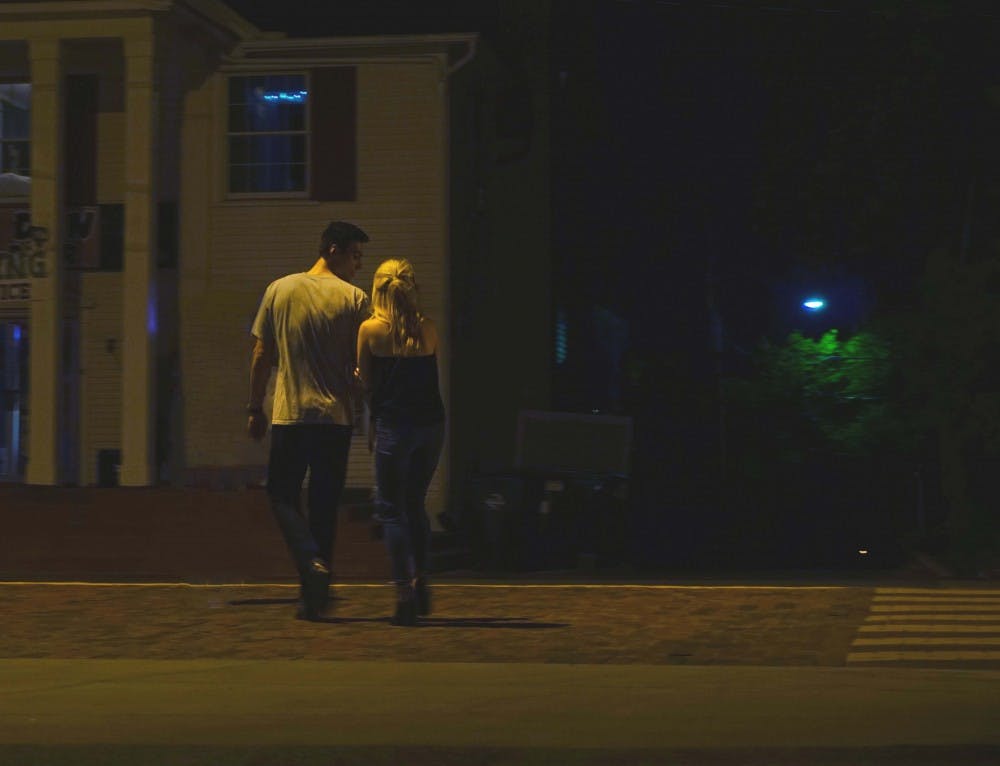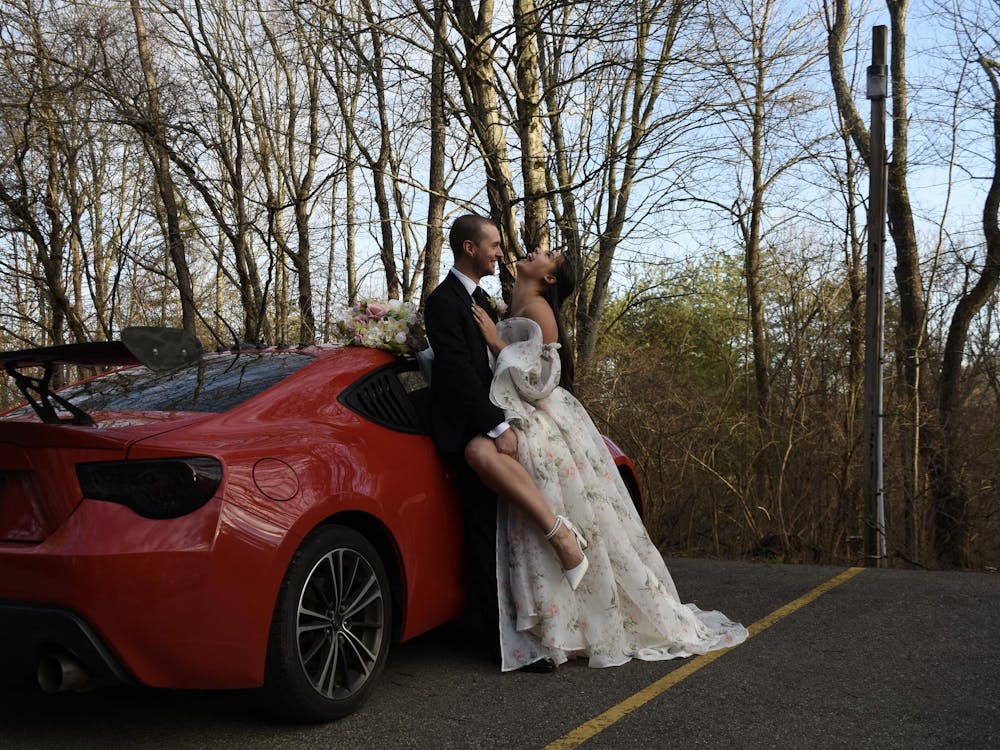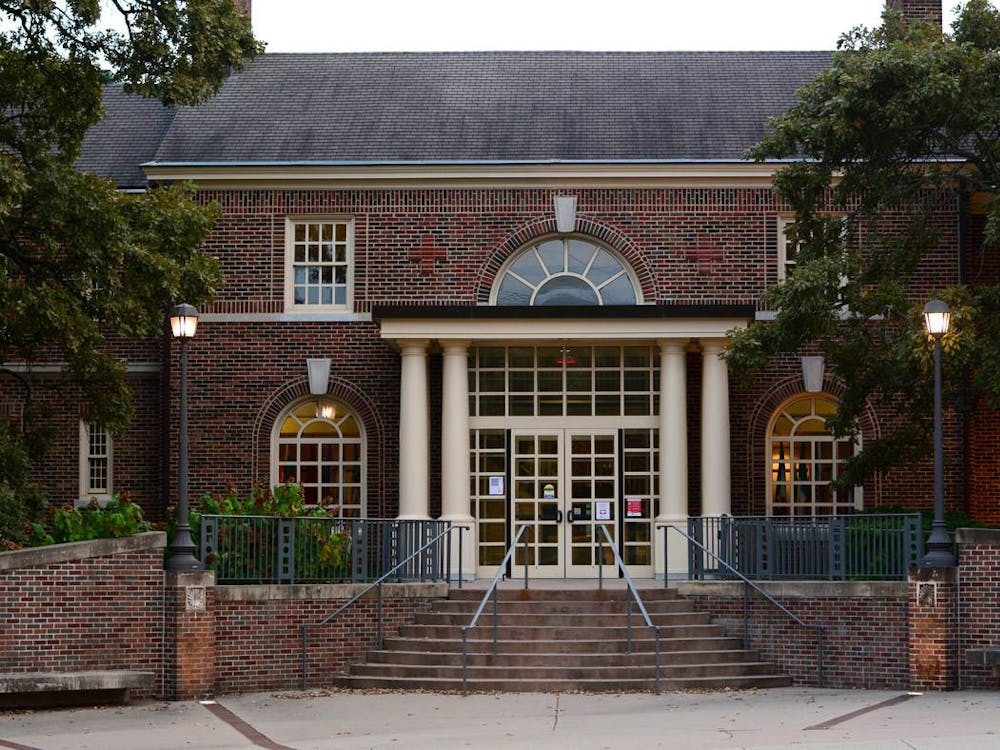By Audrey Davis, News Editor
Because of TV shows like "The Bachelor" and "Are You the One?" and popular dating apps like Tinder and OkCupid, people born in the 80s and 90s (commonly known as Millennials and iGen) have a reputation as "the hookup generation." However, according to a recent study done by researchers from San Diego State, Florida Atlantic and Widener Universities, this may not be the case.
The study looked at the sexual activity of people after they turned 18. According to the study, among Americans aged 20-24, 15 percent of Millennials born in the 1990s had no sexual partners after age 18 compared to 6 perfect of GenX'ers born in the 1960s.
Rose Marie Ward, a professor in the Department of Kinesiology and Health at Miami University said this study is more in line with what she's seen at Miami.
"A lot of students come in thinking, 'Oh my goodness, everybody's had sex,'" Ward said. "And in our data sets we're finding that, no, we still have about 30 percent of Miami students that by the time they finish here they're saying 'I've not had sex yet.'"
The study gives a few reasons for the increase in sexual inactivity of Millennials. One reason being that young adults are getting married later and living longer with their parents.
"The rise of hookup culture may, paradoxically, help explain increased sexual inactivity," the researchers said in the study.
This is because hooking up can involve a variety of sexual behaviors.
"The whole thing about hookup culture is defining a hookup. It can mean completely different things to different people," said Ward. "So being the hookup culture may not be that you're doing it more, it may be just how you're labeling sexual behavior."
Millennials could report more hooking up with partners they're not committed to, but still engage in other sexual behaviors, potentially making it easier to delay vaginal sex.
"I think it's so ingrained in society right now that hooking up is going on and hooking up is the way social interactions are going," said Ward. "It's a hard culture to fight."
Ward agrees that the media has a big role in how Millennials are portrayed.
Enjoy what you're reading?
Signup for our newsletter
"Think about the advent of reality TV and what they show on it. Are You the One? on MTV is literally people who are supposed to be finding their soulmate, which we have no idea what they're supposedly matched on, and yet they're hooking up in the 'Boom Boom Room' with people they're not matches for," said Ward. "We just have this unfortunate alcohol and sex-fueled image that's being constantly portrayed across movies whether it's Bridesmaids or The Hangover."
Ward also said that TV and movies perpetuate the idea that when people are young they're supposed to be having fun, and fun is seen as synonymous to booze and sex.
"But I don't think we're seeing that across the entire generation," said Ward.
One limitation of the study is how different generations interpret or label a hookup.
Ward, a GenX'er, said, "In my generation, when I said, 'I'm gonna hook up with you later,' it had nothing to do with anything sexual. We could go get coffee like nothing at all. But now you say, 'I hooked up with him,' and that can mean anything from kissing to heavy petting to sex to oral sex.'"
Because of the media's depiction of Millennials, the label of hookup culture isn't likely to go away even with the researchers' findings.
"I think it's a good positive spin in contrast to some of the stuff you do read about Millennials being promiscuous, and it could also have links to this generation having lower STD rates," said Ward. "I do find this to be refreshing that it's a different message."




